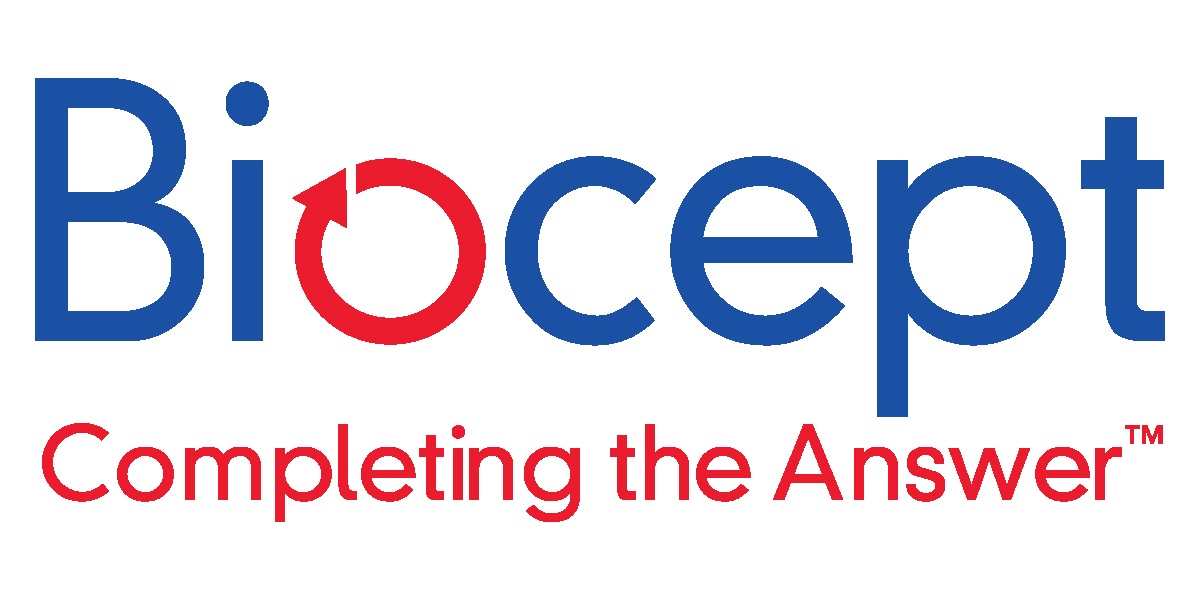
Study Shows Biocept’s Target Selector™ Detects Mutations in “Quantity Not Sufficient” Specimens in Non-Small Cell Lung Cancer Patients
Data to be presented at
Molecular testing of biopsy specimens is critical to identify genetic mutations and guide potential treatment with targeted therapies. However, in up to 40% of cases, specimens lack sufficient tissue to perform testing1 and are deemed insufficient. The presence of non-tumor cells can also be an obstacle in detecting specific mutations. As a result, QNS specimens are a significant issue in molecular diagnostic testing and a key challenge faced by oncologists and pathologists in managing cancer patients.
The pilot study utilized Biocept’s Target Selector molecular assay with Switch-Blocker technology, which offers ultra-high sensitivity and requires less tumor sample than most commercial assays. The assay was used to evaluate the presence of several key EGFR and KRAS mutations in formalin-fixed paraformaldehyde embedded (FFPE) tissue slides, supplied by NeoGenomics Laboratories, Inc. that were deemed QNS for next generation sequencing (NGS) analysis. Results showed that EGFR mutations were detected in 50% (3/6) of patient samples, and KRAS mutations in 17% (1/6) of samples.
“We’re looking for rare mutations from a very small tissue sample in a large background of non-tumor cells to help us guide treatment decisions for patients,” said
Biocept’s Target Selector assay kits, available for research-use-only and CE-IVD, detect mutations in DNA derived from FFPE or blood plasma to give insight into a patient’s cancer characteristics and provide tumor biomarker status. Target Selector utilizes patented Switch-Blocker technology to enrich specimens for mutations of interest and block DNA amplification from normal cells, resulting in ultra-high assay sensitivity and specificity compared to other methods currently used in laboratories. The kits allow molecular laboratories around the world to use Target Selector assays to detect key oncogene mutations through the analysis of both FFPE tissue from surgical biopsies and ctDNA from blood-based liquid biopsies.
Biocept’s virtual exhibit at the
The poster, titled “Detection of EGFR Mutations in Quantity Insufficient Tissue Slides by High Sensitivity Assay Target Selector in Patients with Non-Small Cell Lung Cancer,” can be accessed here.
About
Forward-Looking Statements Disclaimer Statement
This release contains forward-looking statements that are based upon current expectations or beliefs, as well as a number of assumptions about future events. Although we believe that the expectations reflected in the forward-looking statements and the assumptions upon which they are based are reasonable, we can give no assurance that such expectations and assumptions will prove to have been correct. To the extent that statements in this release are not strictly historical, including without limitation statements regarding the ability of our assays to improve the outcomes of patients diagnosed with cancer, such statements are forward-looking, and are made pursuant to the safe harbor provisions of the Private Securities Litigation Reform Act of 1995. The reader is cautioned not to put undue reliance on these forward-looking statements, as these statements are subject to numerous risks and uncertainties, including the risk that our products and services may not perform as expected. These and other risks are described in greater detail in our filings with the
1. Harada S,
View source version on businesswire.com: https://www.businesswire.com/news/home/20210216005084/en/
Media Contact:
asampson@sampsonprgroup.com, 562-304-0301
Investor Contact:
Jcain@lhai.com, 310-691-7100
Source:
